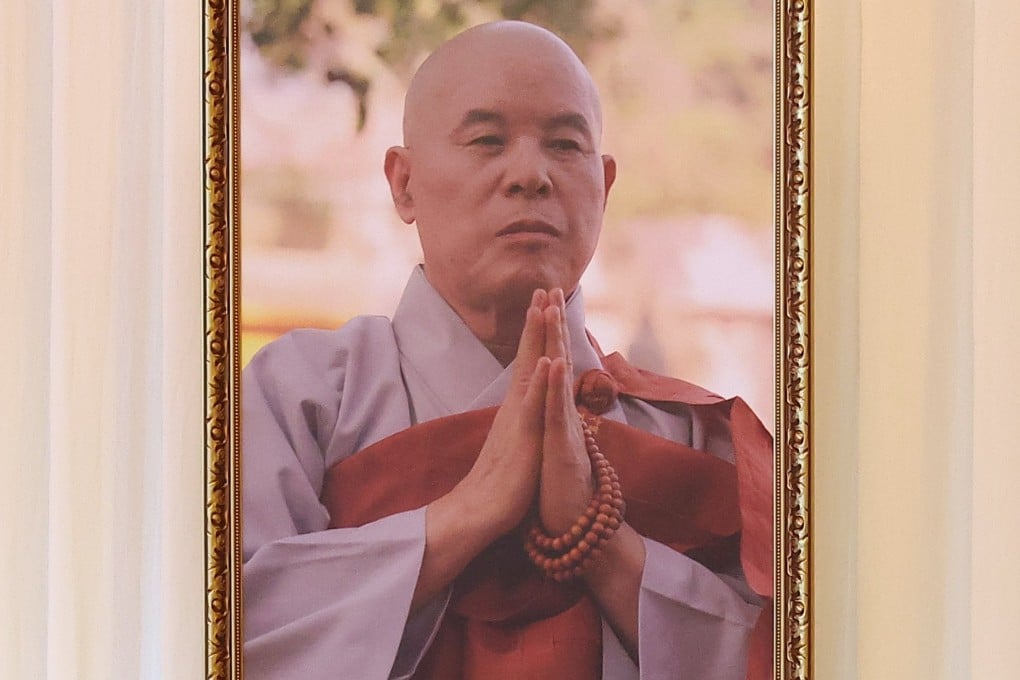Late South Korean Buddhist monk’s alleged misdeeds back in spotlight after shocking death
- Venerable Jaseung’s death through self-immolation came at the peak of his popularity
- The influential monk’s passing has brought renewed attention to allegations of corruption and misconduct

The death of an influential South Korean Buddhist monk by apparent suicide through self-immolation has cast the spotlight back on allegations of corruption and misconduct that have plagued him for years.
The 69-year-old Venerable Jaseung’s charred remains were discovered on Thursday among the burned ruins of a temple dormitory, at Chiljang Buddhist Temple in Anseong city, around 80km south of Seoul.

Forensic analysis confirmed the recovered remains belonged to Jaseung, who, for many years, held considerable influence within South Korea’s predominant Buddhist sect, the Jogye Order.
“I’m sorry for causing a lot of trouble by ending my life here … This building will be restored by my disciples. I’m both sorry and grateful,” read a note, apparently handwritten by the monk, that was left in his car parked nearby.
In his farewell message to Buddhists, Jaseung left a Zen-style Nirvana chant that read: “There exists neither life nor death, but there is no place without life and death either. As nothing is left to pursue further, my existence in this world disappears accordingly.”
Surveillance footage reportedly showed Jaseung carrying two plastic containers filled with combustible liquid into the dorm before a blaze whipped through the single floor structure late on Wednesday.